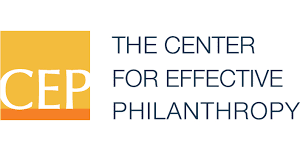In the dystopian drama The Last of Us, a fungal virus has spread through foodstuffs turning infected humans into zombies. The survivors live in ghettos, among the ruins, armed to avoid a gruesome living death. They grow their own food to avoid the infected produce. Preppers and survivalist whackos find that their hour has come. Clean food has become a precious thing.
That’s where my interest in the show kicked in, because the future of our food system is something that I’m a little obsessed with. I am haunted by the memory of those empty supermarket shelves during the Covid pandemic, which didn’t quite lead to a food panic, but sent chills through anyone thinking about food security. We learned then that our just-in-time food system wasn’t very resilient and seemed vulnerable to collapse if given a major shock. (Spoiler Alert: Covid is nowhere near the grim end of the scale for disaster planning.)
I began asking questions about food security during Covid, and like a loose thread in a jumper, the more I pulled the more my already weak faith in the current food system began to fray. What I learnt is frankly a little scary. It turns out it isn’t zombies that we should be afraid of, but how poorly prepared we are for the future.
James Rebanks
— 30 January 2025 —


